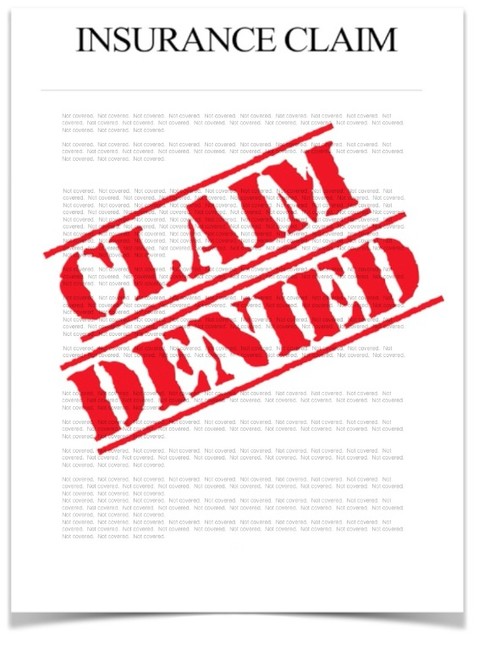Some people who purchase a homeowner insurance policy mistakenly assume it covers almost everything.
But few things are further from the truth.
Learn how to protect your property and financial future by understanding the top three things your homeowner policy might not cover.
High Value Items – Read the fine print in your homeowner insurance policy. Chances are there will be specific limits on the coverage amount for specific items like jewelry, firearms, and collectibles. Ask your insurance agent about endorsements to your existing homeowner policy that will provide the additional insurance coverage you need.
Flood Damage – Homeowners are often surprised to learn that their policy specifically excludes flood damage. Even worse, many make the mistake of thinking they don’t need flood insurance because they live on “dry land” or areas not prone to flooding. Unfortunately, flood insurance can also provide valuable protection against more than just rising waters. For example, it might provide protection against other water-related losses, including those from a hurricane or even burst pipes during an earthquake. In fact, water-related damages are one of the leading causes of insurance claims. So if you’re a homeowner, don’t forget to ask your agent how to purchase flood insurance for your property.
Business Property – Whether you work from home full time or simply skip the office every so often, don’t assume your business property is covered. Computers and other equipment used at home are not typically covered by your standard homeowner policy. Employees should verify that their business provides full insurance for company-owned property used at home or in transit. Small-business owners should clearly differentiate business property from personal property while maintaining sufficient coverage for both. Call us about business property riders or a policy that provides additional coverage for dual-use items or business property used off-site or at home.



All applications for National Flood Insurance are subject to a 30 day waiting period before coverage becomes effective. This eliminates the possiblity of someone buying coverage because a storm is coming.